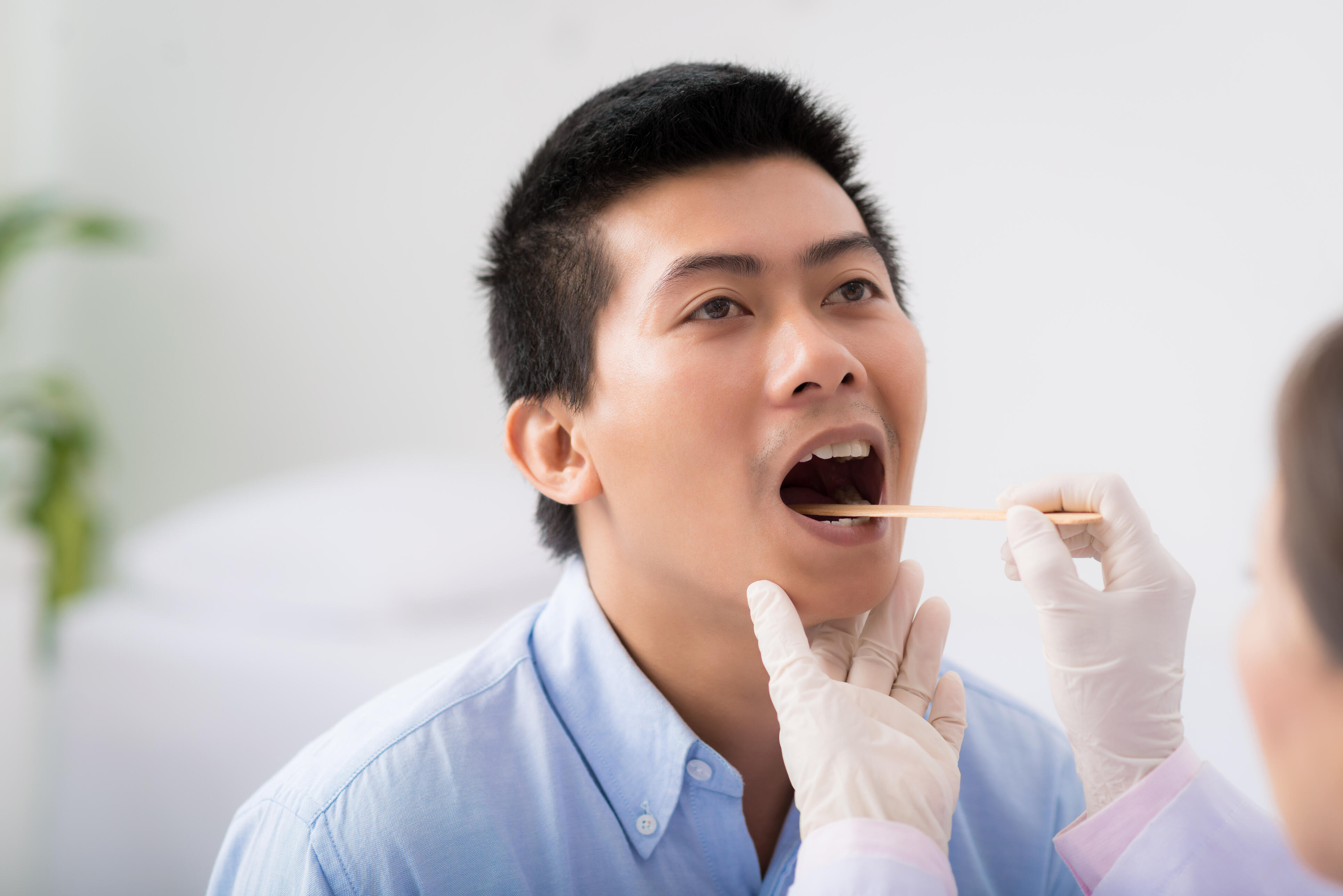
MRC EHPC: Early and late nasal and tonsil cell responses during human pneumococcal colonisation
We are researching a bacteria called pneumococcus.
We think that small numbers of bacteria present in the nose (“nasal carriage”) may protect people against disease. Small numbers of these bacteria are often found in the nose of healthy adults (at least once per year) and more often in children. Usually, the carrier does not know the bacteria are there but in some people it can cause illness. Mild infections with pneumococcus are very common, such as ear infections in children.
Pneumococcus can also infect the lung (causing pneumonia); more severe infections of the brain (causing meningitis) or the blood (causing sepsis) are very uncommon in healthy adults: about 50 cases in Liverpool per year. Very young children and adults who are elderly or those who have other illnesses are more likely to become ill. For the purpose of this study we will put small number of the bacteria in the nose of volunteers similar to the amount commonly carried by healthy adults.
This will allow us to learn about the protective mechanism that occur in the nasal lining and use this later in the development of new vaccine against pneumonia. More than 700 volunteers have already been studied safely using this method of putting bacteria in the nose.
Would you like to take part in our research?
The information leaflet attached tells you how you could take part.
A member of our team will also discuss it with you: please ask us if you have questions.
You may want to talk to other people about the study: please do so. Take your time to decide if you want to be involved.
If you have consented to have surgery and general anaesthesia for nasal procedure, we would like to invite you to take part in research. We are looking for volunteers who are fit and healthy that are undergoing nasal surgery planned by their doctor who would be happy to have additional tissue samples taken from the nose and the tonsil.
Text: 2vol2 to 88802
Email: 2volresearch@lstmed.ac.uk(link sends e-mail)
Tel: 0151 706 3381